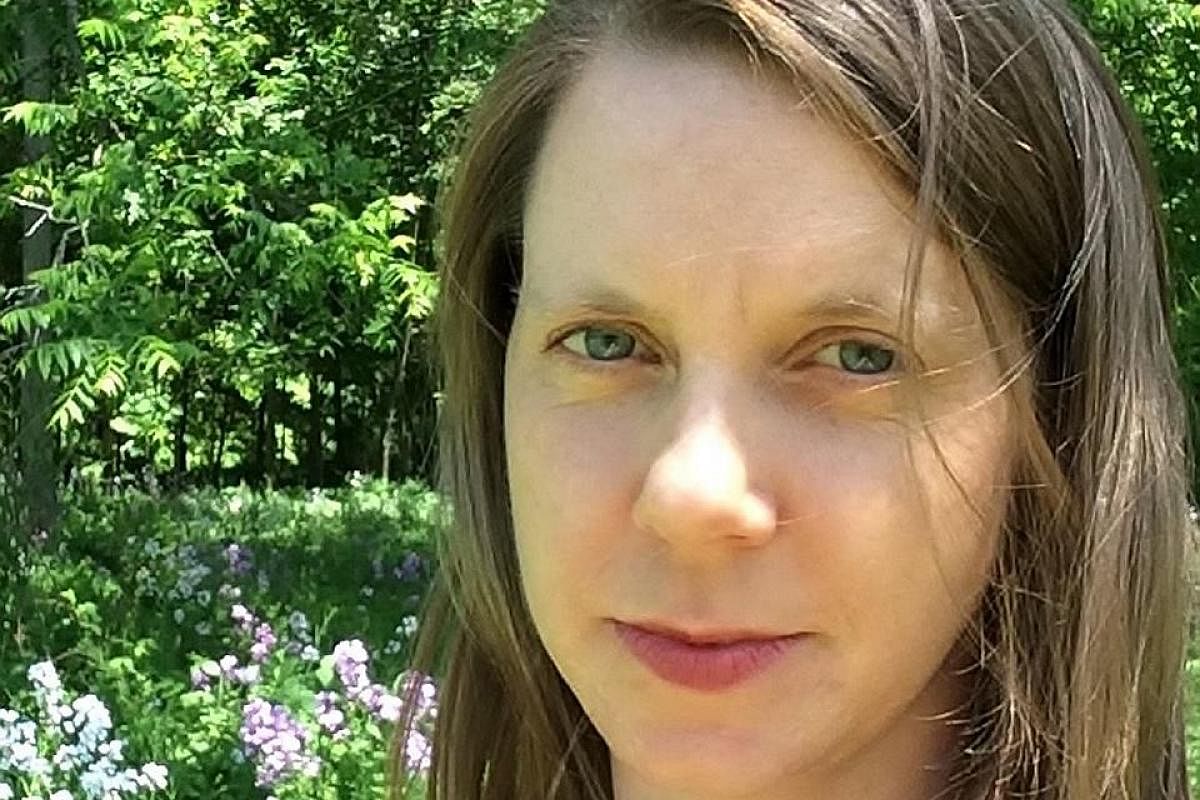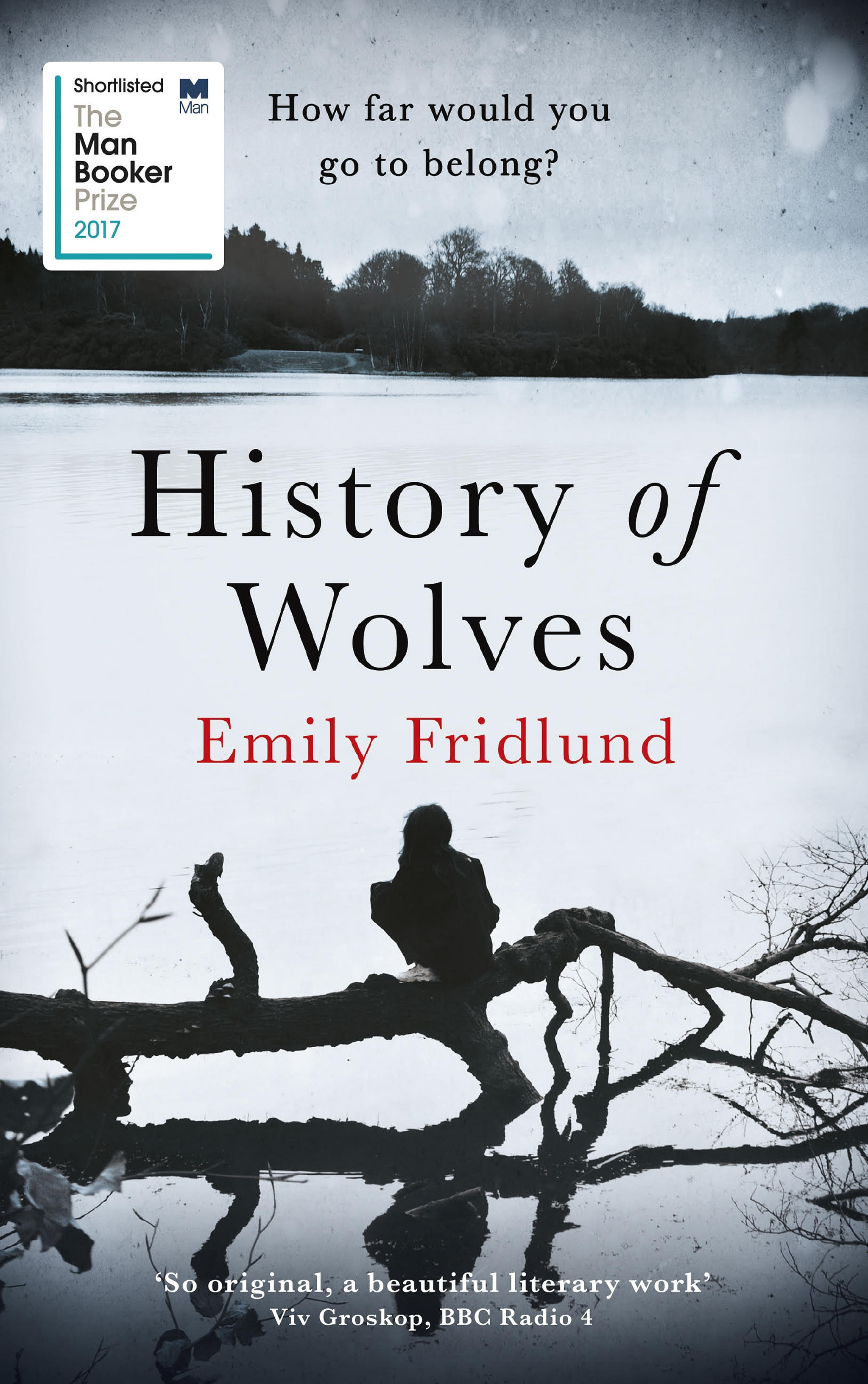Who: American Paul Auster, 70, is considered one of the biggest stars of post-modern fiction today. The author of 17 novels rose to prominence in the 1980s with the metafictional The New York Trilogy. 4 3 2 1 is, at 866 pages, literally his greatest novel.
In 1947, a baby named Archibald Isaac Ferguson is born in a New Jersey hospital and, from that single beginning, goes on to lead four different lives.
Four Fergusons grow up in four independent, parallel universes, with lives that are at different points both strikingly disparate and eerily similar.
Paul Auster's latest work takes the what-ifs of life and cobbles them into a fascinating whole, exploring the impact that both chance and fate have on an individual's life.
Unlike the sparse elegance of his famous The New York Trilogy, this novel delves deep into the minutiae of its main character's life.
The reader is told of each Ferguson's likes and dislikes, hobbies and dreams, all of which vary in his four lives. One Ferguson loves baseball, another cannot stand the sport. One hopes to be a hard-hitting newspaper journalist; another, a film critic.
Autumn by Ali Smith
Who: This is Scottish writer Ali Smith's fourth time on the Booker shortlist, following Hotel World (2001), The Accidental (2005) and How To Be Both (2014). The 55-year-old has won a string of other prizes, including the Baileys Women's Prize for Fiction, the Goldsmiths Prize and the Novel award at the Costa Book Awards.
An old man describes a series of paintings so vividly and brilliantly to a young girl that, years later, when she sees them with her own eyes, she recognises them at once.
Such ekphrasis permeates the novel Autumn, which seeks to capture in words the fading, abstract beauty of that "season of mists and mellow fruitfulness", as Romantic poet John Keats wrote in his ode To Autumn.
Exit West by Mohsin Hamid

Who: Pakistani Mohsin Hamid, 46, came close to winning the Booker in 2007 with his second novel, The Reluctant Fundamentalist. Exit West, his fourth novel, draws in part on his own experience as a migrant who has shuttled between Pakistan, the United States and Britain for much of his life.
In an unnamed country on the brink of civil war, an odd relationship slowly blossoms between sweet-natured Saeed, an advertising agency employee living with his doting parents, and Nadia, who lives alone, rides a motorcycle and, despite swathing herself in long black robes, does not pray.
Their love story plays out against a bleak backdrop of mounting violence between government and rebel forces, as bombings and shootings grow more rampant and society dissolves into chaos and paranoia.





